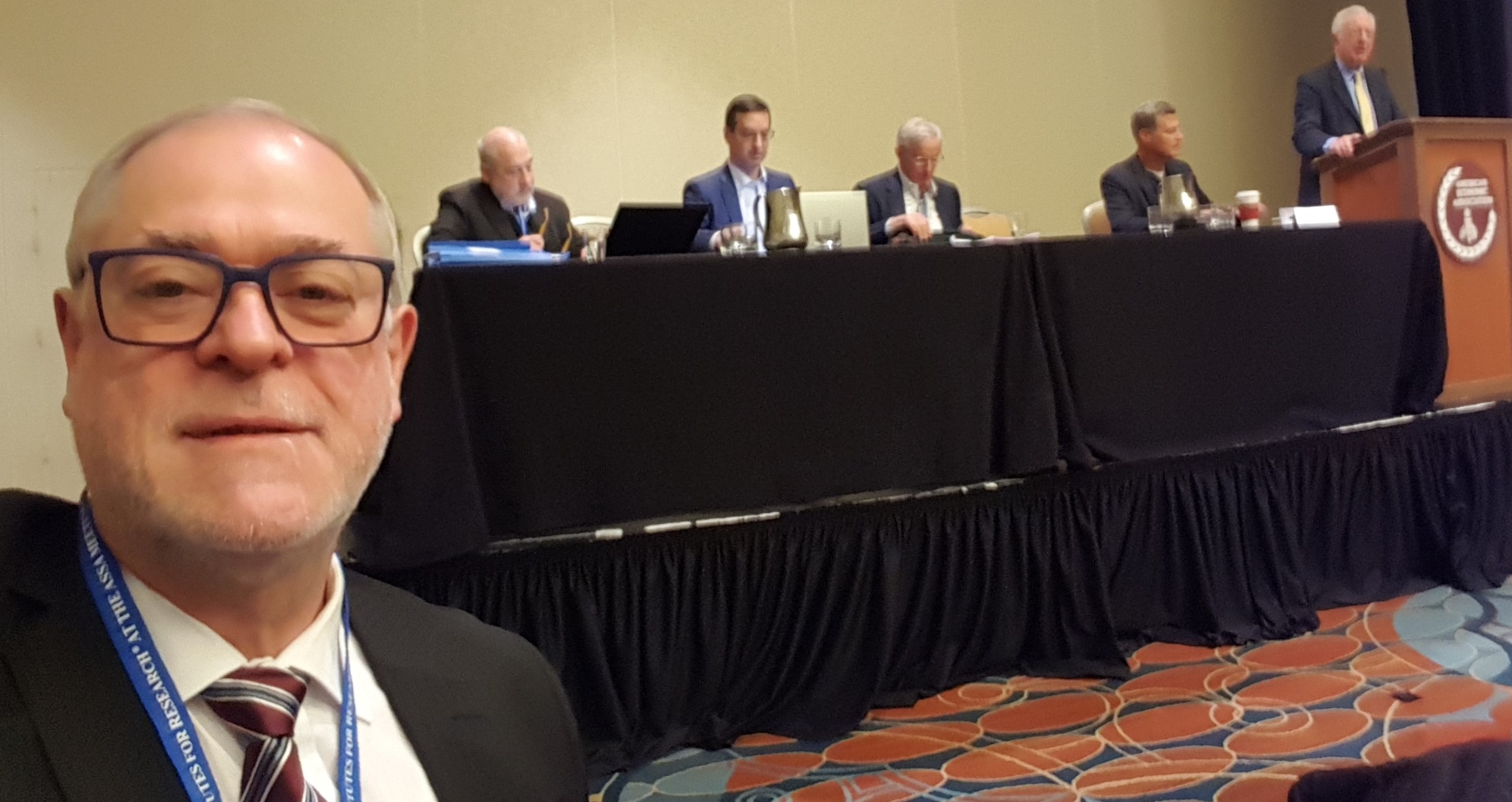The American Economic Association (AEA), in conjunction with 58 associations in related disciplines known as the Allied Social Sciences Associations (ASSA), holds a three-day meeting each January to present papers on general economics topics. The event which is the largest meeting of academic economists in the world typically brings together more than 13,000 individuals from all parts of the world.
ASSA 2018 took place in Philadelphia on January 5 -7.
The Global Labor Organization (GLO) is an international, independent, non-partisan and non-governmental organization that has no institutional position. The GLO functions as global network and virtual platform for researchers, policy makers, practitioners and the general public interested in scientific research and its policy and societal implications on global labor markets, demographic challenges and human resources.
Many GLO Fellows were at ASSA to present their work and engage in academic exchange and informal meetings. GLO President Klaus F. Zimmermann (UNU-MERIT, Maastricht and Bonn University) was also present to discuss and develop GLO issues in many informal meetings and gatherings.
Should Economists Make More Use of Direct Data on Subjective Wellbeing?
On Sunday, January 7, a prominent panel in front of a large audience with Joseph E. Stiglitz (Columbia University), David Laibson (Harvard University), William Nordhaus (Yale University) introduced by Richard Layard (London School of Economics) and chaired by GLO Fellow Alan Krueger (Princeton University) was discussing the issue and the potentials for policymaking. One agreement had been that the potentials of the available data have been so far largely underused.
From the left: Zimmermann, Stiglitz, Laibson, Nordhaus, Krueger and Layard.
In 2017, Zimmermann had delivered a number of keynote lectures on “Migration and Wellbeing”, see reports on events in Kyiv (Ukraine), Brasov (Romania) and Sydney (Australia) developing substantial insights for policymaking.
Ends;



